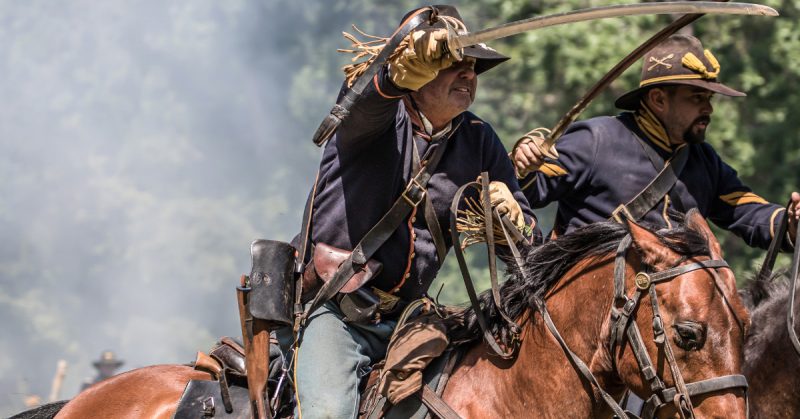One of Hard’s uncles served in the American Revolutionary War, while some of his grandsons and great-grandsons served in the Second World War.
One of the greatest periods of rapid change and immense upheaval in human history, in all areas – politics, culture, technology, art, nations – took place from the early part of the 19th century to the middle of the 20th.
This epoch saw the introduction of such immensely transformative technologies as flight and electricity, the internal combustion engine, rail, and huge socio-cultural changes like the abolition of slavery, the industrial revolution, women’s suffrage, civil rights and the birth of ideologies such as communism and fascism, which would lead to wars across the globe.
This period also saw the biggest and deadliest wars in history – and one combat veteran of the American Civil War lived through all of this. Private James A. Hard, who was born in 1842, fought in the Union Army, and lived through one of the periods of history that saw the most immense changes, passing away at the age of 110 in 1953.
James Albert Hard, a native of Victor, Ontario County, New York, who claimed he was born in 1841, joined the Union Army in May 1861. While he stated his age to the recruiters as nineteen, recent research has indicated that he lied about his age in order to enlist, and that his birthdate was actually either in 1842 or 1843. In any case, the recruiters believed his claim about his age and he was allowed to enlist.
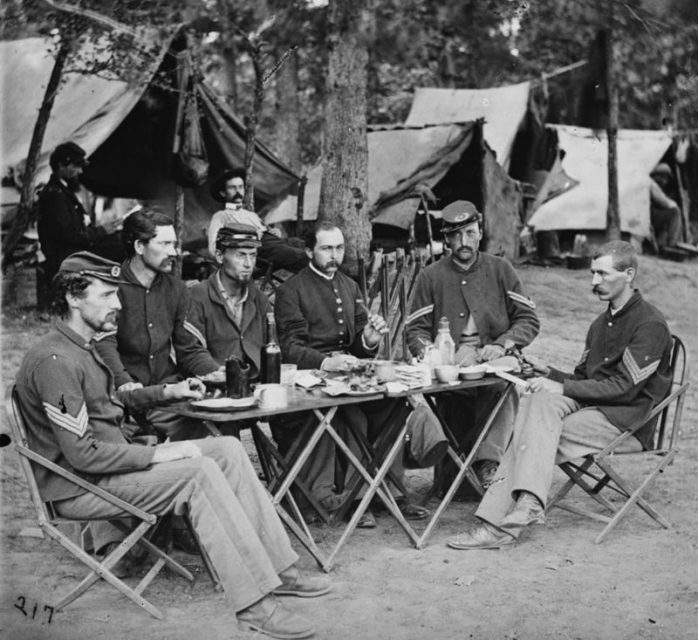
Hard joined the 37th New York Volunteer Infantry Regiment, which was given the nickname “The Irish Rifles,” and trained as an infantryman.
He fought at the First Battle of Bull Run, the first major battle of the Civil War, which took place on July 21, 1861 and at which the Union Army was decisively routed. Despite the carnage of the battle, Hard survived and lived to fight another day.
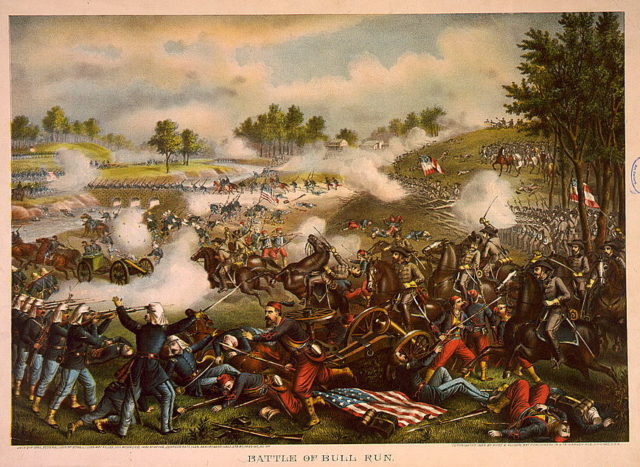
He also participated in the Battle of Antietam on September 17, 1862, which was one of the bloodiest days in American history, and he again survived the massive loss of life of that engagement.
Hard also fought in the Battle of Chancellorsville, another Union loss, and at the Battle of Fredericksburg which, like most of the battles in which Hard had been involved thus far, involved tremendous carnage from which he somehow emerged unscathed.
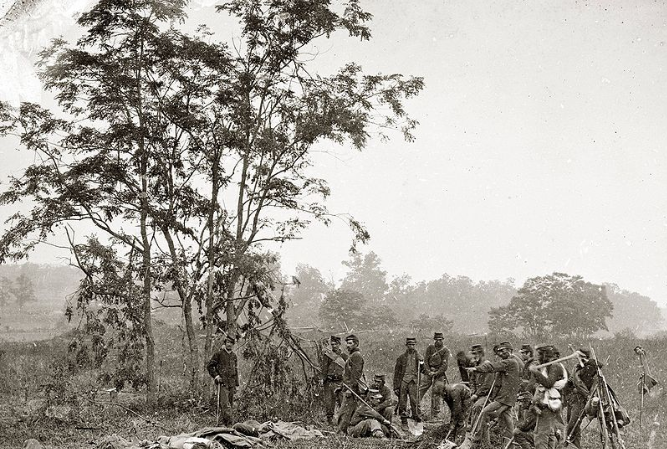
After this, Hard was discharged from military service and spent the rest of the war working on government railroad projects. He is reported to have met Abraham Lincoln on two separate occasions, the first shortly after he had enlisted, but before he had been issued a uniform. Lincoln supposedly said to Hard that he looked like he would make a good soldier.
https://youtu.be/mYpNz7bvB1g
He was married twice – first in 1868, a marriage that, sadly, ended with the death of his wife in 1880, but which resulted in the birth of a daughter. She lived to the age of 75, passing away a few years before James Hard himself died. He married his second wife in 1884, and this time the marriage lasted a lot longer – they were married for forty-five years until she passed away in 1929.
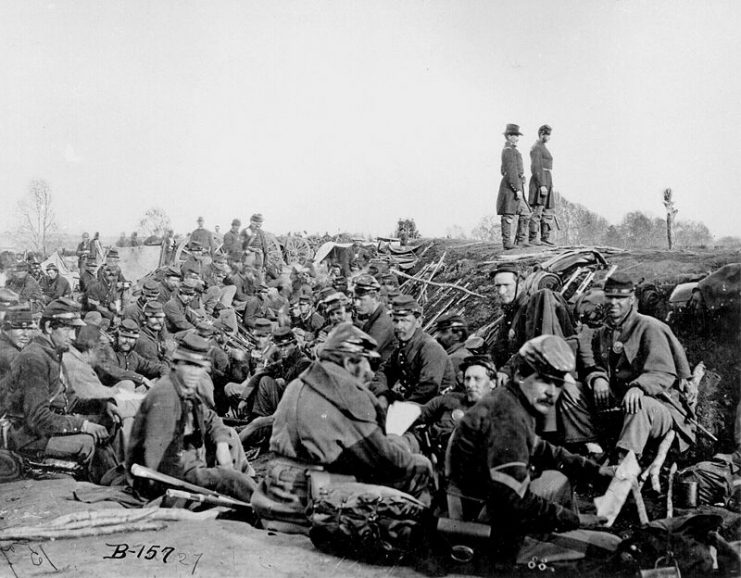
Hard not only outlived all of his thirteen siblings, his wife and his only daughter, but he also outlived every single one of the 2,675,000 troops who fought in the Union Army – all but one, that is: a drummer boy born in 1850, who joined in the final weeks of the war and lived until 1956.
One of Hard’s uncles served in the American Revolutionary War, while some of his grandsons and great-grandsons served in the Second World War.
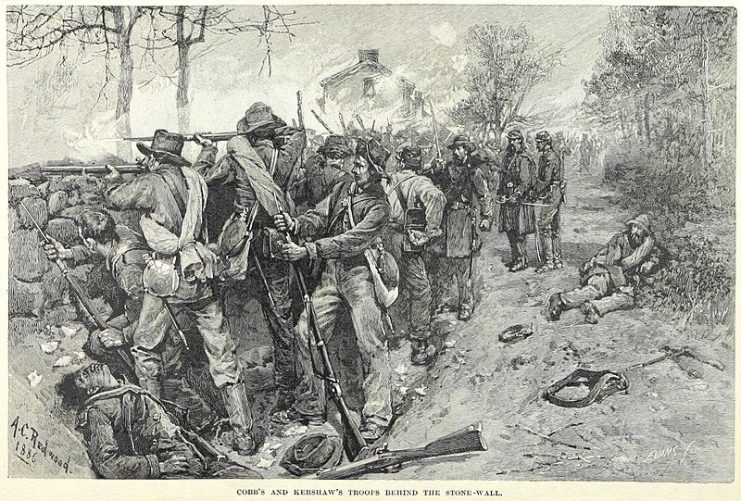
It is quite astonishing to think of the changes James Hard would have seen in his long life of 110 years. When he was a boy working on a farm, chattel slavery was legal and widely practiced, the primary means of transport for most people was either their feet, horseback, or in a wagon or carriage, and large swathes of the United States were populated only by Native American nations and vast herds of buffalo.
By the time Hard passed away in 1953, he had seen more change and upheaval in his lifetime than most people in history ever had, or that any human being possibly ever will again.
Not only had he lived through some of the deadliest wars in history – the American Civil War, and the First and Second World Wars, as well as the Taiping Rebellion on the other side of the world – he had seen and experienced some of the most immense and extreme lifestyle changes in human history.
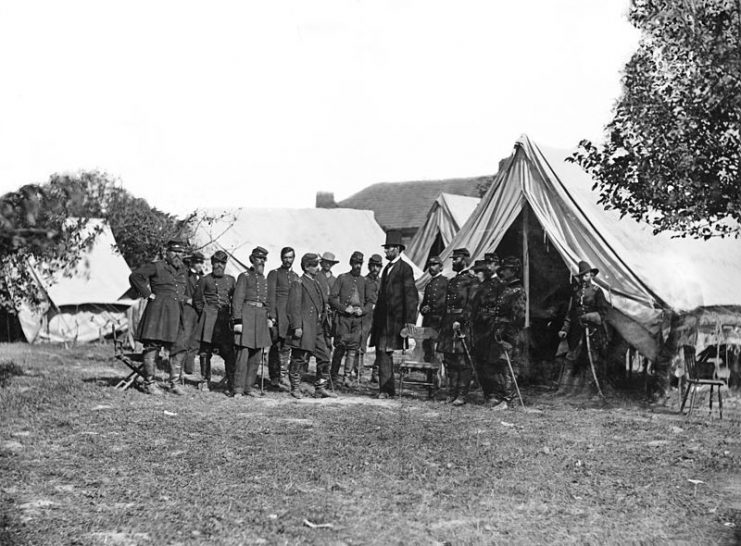
At the time of his death the telephone, television, flight, electricity, motor vehicles, penicillin, and a host of other innovations had utterly revolutionized the way we live.
The world Private James Hard was born into and the world he died in were two very different places, and considering his service in some of the bloodiest battles of the Civil War, he was lucky to have seen and lived through what he did. When he died in March 1953, thousands of people lined the streets of Rochester, NY, to say goodbye to this remarkable man.
